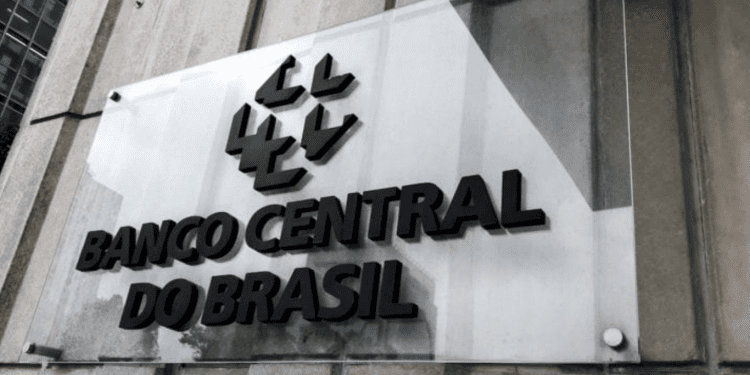- Brazil targets to launch its own CBDC by 2024.
- The project is aiming at financial innovation rather than real-time payment.
- The International Monetary Fund (IMF) have given their feedback saying its seems to be the easiest to implement.
The Central Bank of Brazil plans to launch a Central Bank Digital Currency (CBDC) by 2024, according to the bank president, Roberto Campos Neto. On December 13, during a press conference hosted by
The Brazilian news site, Poder360, Campos Neto, stated that the bank would conduct a pilot program working with some financial institutions before starting the broader use of the CBDC, a digital currency provided by the central bank.
Neto also stated that the central bank’s digital currency design would enable banks to tokenize assets with considerable sufficient gains.
“If the digital currency is a tokenized deposit, it inherits all the regulation that already applies to deposits. I think that this digitized, paid-in, integrated system, with inclusion, will help a lot in developing and including people in the financial world.” Campos stated.
He further noted that the launch “should not disturb monetary policy or hurt the bank’s balance sheet.”
In March 2022, the country selected nine partners to help develop a digital currency. When CBDC’s are eventually issued, Brazil will be on the same level as the Bahamas, Nigeria, Jamaica, and Eastern Caribbean as nations that have already given their own CBDC’s.
Various countries are exploring the technology as some have become more concerned about using it as a risk-free alternative to crypto after the downfall of the FTX empire that left the crypto ecosystem in shock. It is worth noting that Brazil’s central bank planned to test the digital currency this year, but around mid-year, they pushed the project to next year.
The bank officials have also noted that the project is aimed at financial innovation rather than real-time payments.
IMF’s remarks on the project
The Central Bank president has also said that the International Monetary Fund (IMF) representatives have approached the central bank and given their feedback. The representatives have stated that the model seems the easiest to implement and that other central banks should look into it.
However, an economist at the central bank, Fabio Araujo, has noted in the paper for the Bank for International Settlements (BIS) that Brazil has “had a solution for real-time gross settlements (RTGS) has already been available, and an instant payment system- Pix went live In November 2020 and has been received well by the public.”
Pix is free for individuals, but the system lets banks and payment institutions freely define merchant’s costs for both transfers and receiving funds. Pix system has grown immensely, with its use surpassing transactions with credit and debit cards in Brazil.
Campos Neto also said that “greater inclusion, lower cost, intermediation, competition with reduced barriers to entry, efficiency In risk control, monetization of data, complete tokenization of contracts and financial assets. This is what we see in the digital economy of Brazil.” Neto also hopes that the tokenization of deposits should improve the bank’s settlements, auditing, and funding costs.














